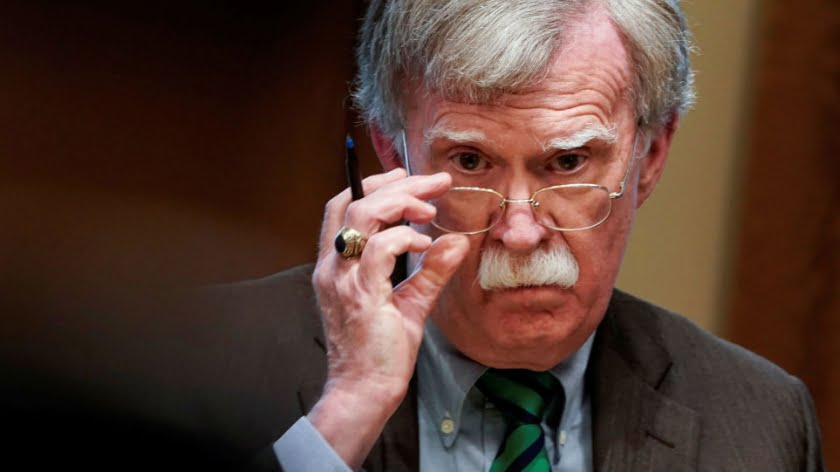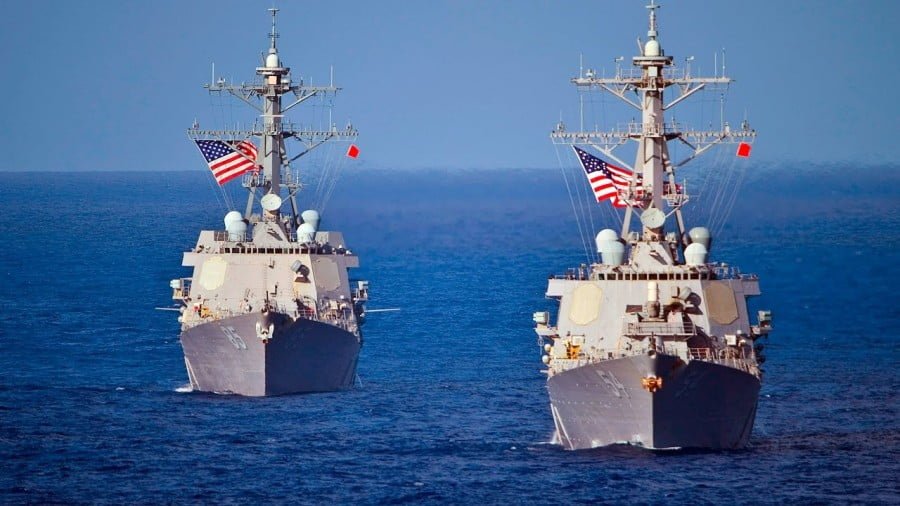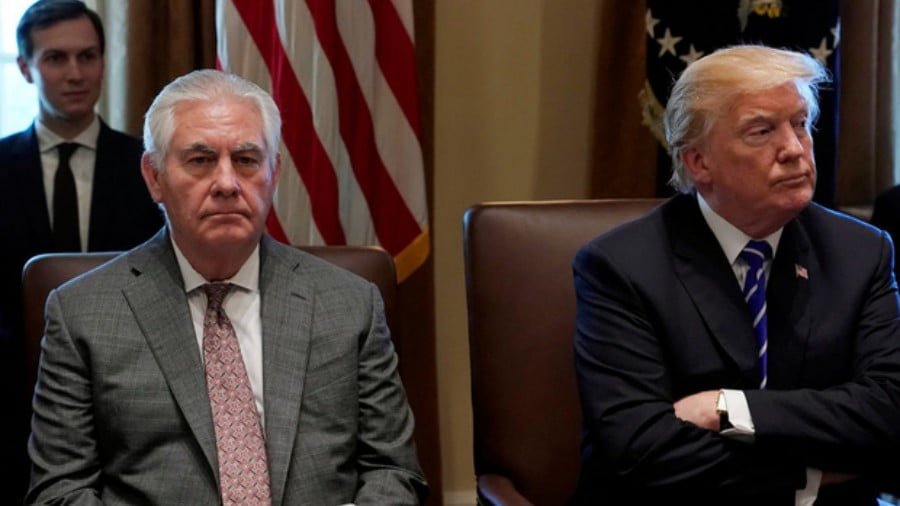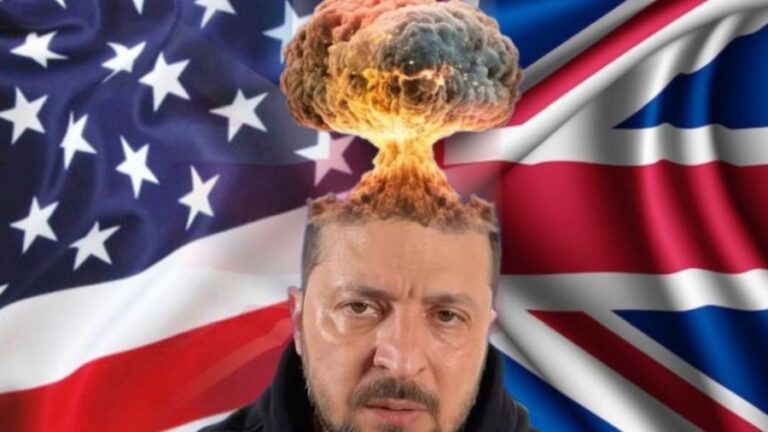Trump Gives Peace a Chance?
With the super-hawk John Bolton kicked out of the White House nest there is media speculation that President Donald Trump may at last be spreading dovish wings in foreign policy.
It certainly seems an unmitigated good thing that Bolton is finally gone. The deranged warmonger was always a dreadful danger for inciting war. As Trump said derisively of him previously: “There’s not a war that he never liked”. (Which begs the question of why Trump hired him in the first place.)
As the president’s former National Security Adviser, Bolton was said to have hampered Trump’s efforts at diplomacy with Russia, Iran and North Korea. He was a major opponent to the plan for withdrawing US troops from Syria. And apparently, Trump was furious at Bolton for winding up the regime-change debacle over Venezuela, which has since fizzled out.
But it was reportedly his objections to a peace deal with the Taliban in Afghanistan that forced Trump to finally heave Bolton aside after months of building frustration.
The question is: does the move indicate a softening, or more reasonable return to diplomatic relations by the White House?
Russia declined to comment on the shake-up in the Trump cabinet, saying it was a matter of American internal affairs. However, deputy foreign minister Sergei Ryabkov noted that Moscow will base its assessment on actions taken by the Trump administration, not mere announcements.
For its part, Iran demurred by saying that Bolton’s departure is of little import. Tehran said it has not changed its categorical position, which is that talks with Washington can only take place when the US ends its economic warfare and returns to abiding by the 2015 international nuclear accord.
Given the maverick nature of President Trump it is always hard to read what his intentions are. He may not even have a clear understanding of his own intentions.
But it does seem plausible that the showbiz-style president wants to begin shoring up a few foreign policy successes as we head towards the 2020 presidential elections.
After all, Trump ran on a platform in 2016 which promised to end US foreign wars and instead focus on rebuilding American society. That ticket probably was decisive in why voters turned toward the former business tycoon and repudiated his Democratic rival Hillary Clinton who was seen as having blood on her hands as former Secretary of State under Obama.
Ever the one for flashy displays, if Trump can manage to string together a few big foreign photo-ops, like being seen to engage more cordially with Russian President Vladimir Putin, or shaking hands with Iranian leader Hassan Rouhani as is being mooted later this month at the United Nations general assembly in New York, then Trump can begin to pitch himself as delivering on election promises.
Evidently, Trump is keen on being photographed for “history-making” events.
After months of vilifying North Korean leader Kim Jong-un, Trump has gone on to meet him three times. The last occasion was in June this year when Trump became the first sitting US president to step on to North Korean territory.
To orchestrate a series of upbeat foreign policy successes from engaging with former foes, Trump needed to get rid of Bolton. The moustachioed mad-hatter Bolton is an inveterate hardline militarist, despite being a Vietnam War draft dodger.
There was just no way, Trump could have carried off a seemingly peacemaking venture for boosting his 2020 reelection chances with Bolton lurking in the White House circle endeavouring to scuttle every overture.
It seems significant that with Bolton gone, Secretary of State Mike Pompeo is saying there is a possibility of Trump meeting with Iran’s Rouhani at the UN later this month.
Nonetheless, there are good reasons to be skeptical about Trump’s apparent shift towards diplomacy and peace talks, as the Bolton sacking might indicate.
For substantive progress to be made in mending foreign relations, de-escalating tensions and making lasting peace there must be a practical and huge transformation in US policy.
With regard to Russia, Washington needs to drop all economic sanctions it has piled up against Moscow since the 2014 contrived Ukraine crisis.
The US should also enter into sincere negotiations with Russia about repairing arms controls treaties, such as the Intermediate-range Nuclear Forces (INF) treaty. John Bolton was a chief advocate behind the US withdrawal from the INF. But Trump too personally authorized the ditching of this important security measure with Russia.
If Trump really does want to find a way to de-escalate tensions in the Persian Gulf, he must revert to the international nuclear accord and end his “maximum pressure” policy of aggression against Iran.
Similarly, with North Korea and Venezuela, the Trump administration needs to abandon its use of sanctions to strangle nations into making concessions.
These militaristic, unlawful policies preceded the arrival of John Bolton as National Security Adviser in April 2018. They are likely to continue given the systematic nature of American imperialist conduct.
This points to the conclusion that Bolton’s ouster is only part of a PR gimmick by Trump for re-election ambitions.
By Finian Cunningham
Source: Sputnik News







